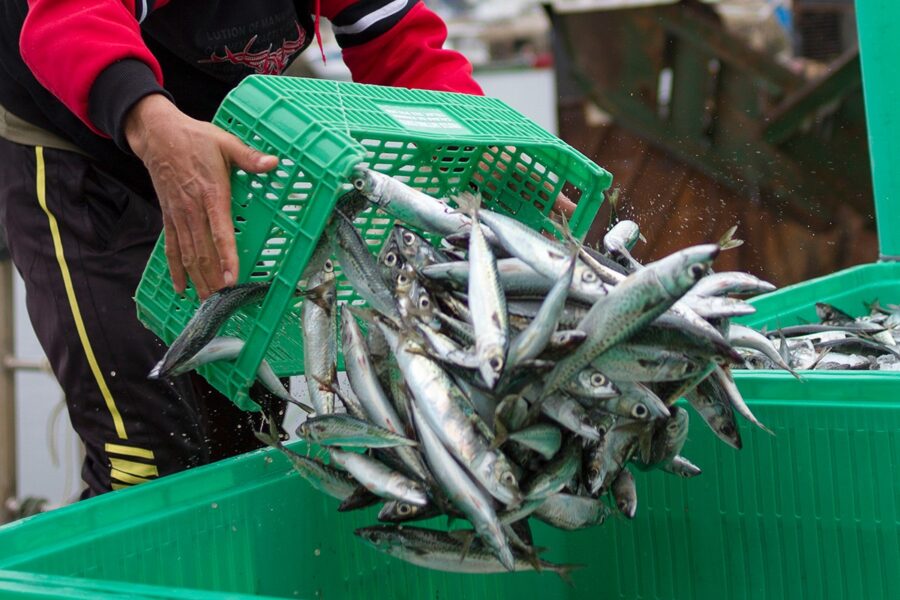A new detailed cost/benefit analysis of the outcome of Brexit for UK fishermen has found that the industry is on track to lose hundreds of millions of pounds by 2026, unless changes are secured through international fisheries negotiations.
The findings are in a new report, ‘The Brexit Balance Sheet’, commissioned by the NFFO and prepared by Gary Taylor, a former DEFRA fisheries negotiator, using official published data.
The federation commissioned the report after the UK government claimed that the Brexit TCA would incrementally benefit the UK industry to the tune of £148m by 2026, without publishing any official balance sheet to back up its claims.
The report examines in detail the government’s claim of a £148m benefit by 2026. Its key findings are:
- The bulk of the UK fishing fleet is expected to incur yearly losses of approximately £64m or more per year, adding up to a £300m loss by 2026, unless changes are secured through international fisheries negotiations by the UK government.
- A significant amount of the fish the UK has ‘gained’ in quota shares through the TCA deal are paper fish – fish that for various reasons would probably not be fished and are therefore of little or no economic value to UK fishing. Because of this, the theoretical gain is just £90m, not the £148m claimed.
- Greater focus is needed on non-quota species in UK-EU negotiations when exploring quota shares. The current arrangement permits EU fleets to catch 42,000t in UK waters and allows the UK to catch only 12,000t in EU waters – which replicates the imbalance in quota shares that has been a source of great controversy since quotas were introduced in 1983.
- There is currently no publicly available government assessment of the increased administration costs connected with leaving the single market and customs union for the UK fishing industry.
- The lack of annual fisheries agreements with Norway, Faroe and Greenland, and the delayed UK-EU fisheries agreement for 2021, have reduced fishing opportunities for large parts of the UK fleet, and must also form part of any comprehensive analysis conducted by the UK government.
The report includes several recommendations to rectify the situation, including encouraging the UK government to publish its own assessment and calling on policy-makers to actively involve the UK fishing industry in future fisheries negotiations.
Key recommendations include:
- The UK government should seek a more equitable agreement with the EU on quota shares. It should make the case year on year to the EU to reduce the amount of paper fish and increase quota with genuine benefit to the UK.
- While progress should be made as soon as possible, the UK must develop a strategy for the major 2026 renegotiation that has been agreed by the UK and EU.
- The UK should use its regulatory autonomy as an independent coastal state to ensure sustainable and equitable fisheries, both in UK waters and in co-operation with countries with which resources are shared.
Commenting on the report, NFFO chief executive Barrie Deas said the federation’s conclusion was that there are ‘very few winners and a great many losers’.
“These figures suggest that the bulk of the UK fishing fleet is on a trajectory to incur losses amounting to £64m or more per year over the timeframe of this analysis, meaning that unless changes are secured through international fisheries negotiations, the industry will have lost in excess of £300m by 2026.
“The best opportunity in a generation to revive the UK’s fishing industry and support our coastal communities has been squandered, and we must act swiftly to learn from these lessons and support the sector in future negotiations.”
Gary Taylor, the report’s author, commented: “The TCA has had an immediate and dramatic impact on the British fishing industry. I hope this report, which is rooted in my own decades of experience in fisheries talks, will shine a light on the current situation and help support the owners and crews of this vital sector in the negotiations that lie ahead.”
This story was taken from the latest issue of Fishing News. For more up-to-date and in-depth reports on the UK and Irish commercial fishing sector, subscribe to Fishing News here or buy the latest single issue for just £3.30 here.








